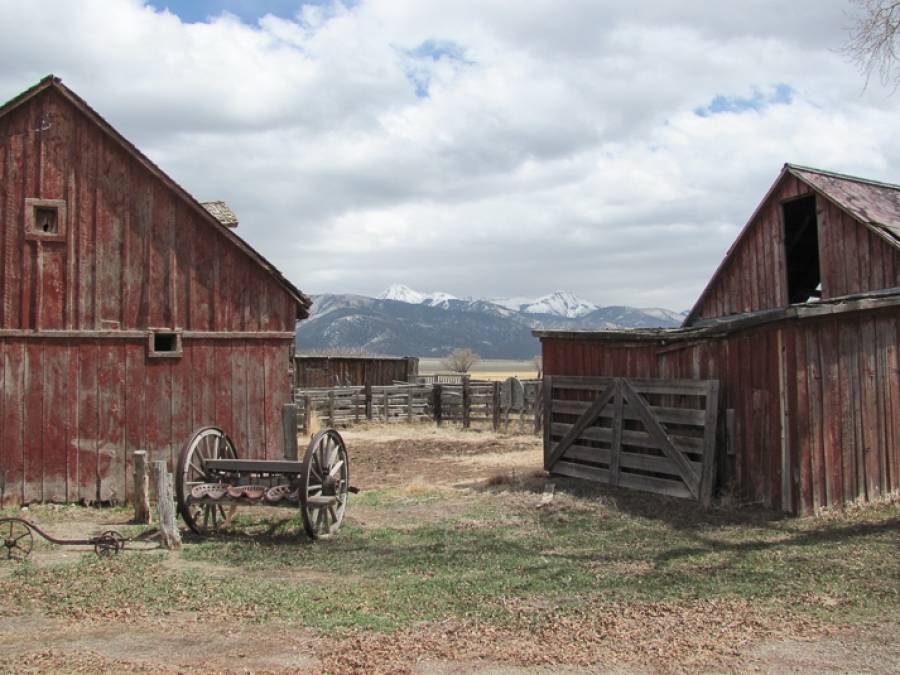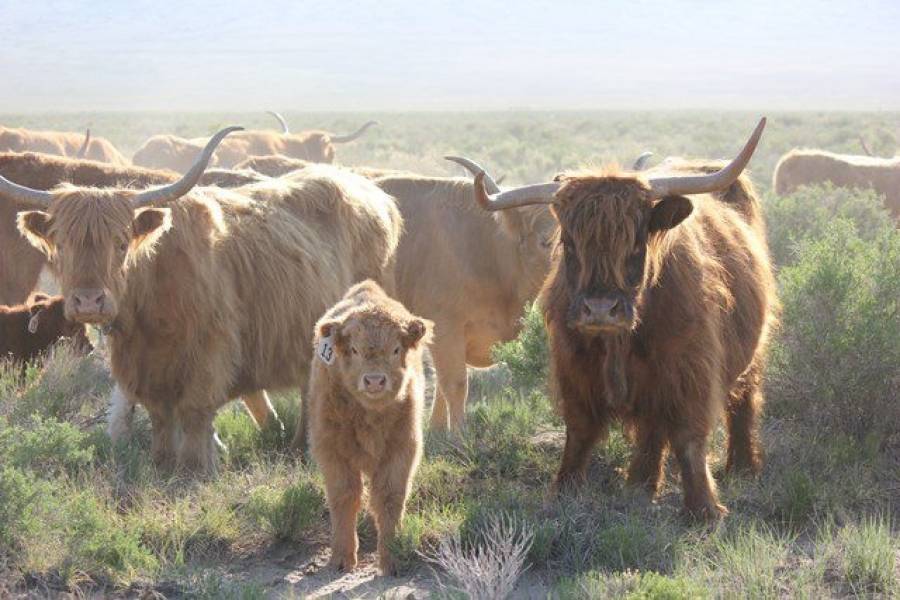Permaculture is a branch of ecological design, ecological engineering, and environmental design that develops sustainable architecture and self-maintained agricultural systems modeled from natural ecosystems.
The core tenets of permaculture are:
Care of the earth: Provision for all life systems to continue and multiply. This is the first principle, because without a healthy earth, humans cannot flourish.
Care of the people: Provision for people to access those resources necessary for their existence.
Return of Surplus: Reinvesting surpluses back into the system to provide for the first two ethics. This includes returning waste back into the system to recycle into usefulness.
Permaculture design emphasizes patterns of landscape, function, and species assemblies. It asks the question, "Where does this element go? How can it be placed for the maximum benefit of the system?" To answer this question, the central concept of permaculture is maximizing useful connections between components and synergy of the final design. The focus of permaculture, therefore, is not on each separate element, but rather on the relationships created among elements by the way they are placed together; the whole becoming greater than the sum of its parts. Permaculture design therefore seeks to minimize waste, human labor, and energy input by building systems with maximal benefits between design elements to achieve a high level of synergy. Permaculture designs evolve over time by taking into account these relationships and elements and can become extremely complex systems that produce a high density of food and materials with minimal input]
The design principles which are the conceptual foundation of permaculture were derived from the science of systems ecology and study of pre-industrial examples of sustainable land use. Permaculture draws from several disciplines including organic farming, agroforestry, integrated farming,sustainable development, and applied ecology. Permaculture has been applied most commonly to the design of housing and landscaping, integrating techniques such as agroforestry, natural building, and rainwater harvesting within the context of permaculture design principles and theory. (Wikipedia)
OLT is working with High Altitude Permaculture (www.hialtpc.org) and its students to help design optimal agriculture systems for the OLT lands. Sandy Cruz, Peter Bane and Becky Elder lead permaculture workshops to facilitate the spreading of this marvelous, natural way of working with nature to preserve our lands, provide responsible foods, and enhance our environments.

